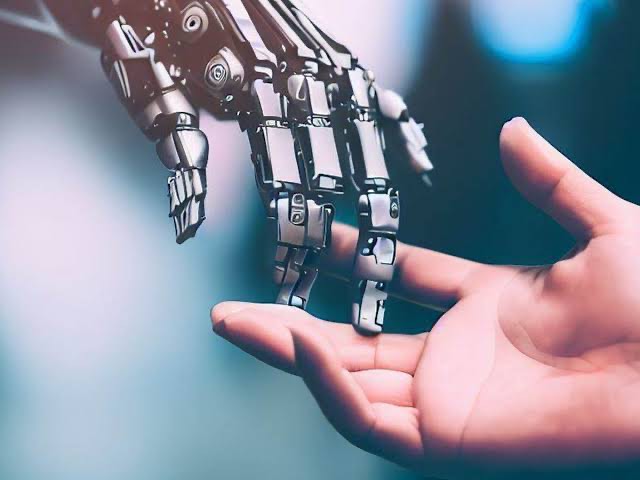The world is currently in a wave of extreme fear for what Artificial Intelligence (AI) is going to do in the job industry. However, I strongly believe that it is about to do more than we can fathom.
The anxiety that comes with losing one’s employment is not new; it has existed since the invention of many different technologies. But history has demonstrated that new jobs emerge to replace the ones that become outdated.
Whereas it is true that AI has the capability to automate some processes and eliminate some professions, I also think it will open up new possibilities and improve productivity in ways that we still cannot understand.
AI has the ability to handle repetitive and mundane tasks, allowing humans to focus on more complex and creative endeavors.This can lead to increased efficiency and productivity in various industries. For example, in manufacturing, AI-powered robots can perform repetitive assembly line tasks, freeing up human workers to engage in more intellectually stimulating work such as design, problem- solving, and innovation.
Furthermore, AI can also create entirely new job categories. As AI systems become more advanced, there will be a growing need for individuals with expertise in developing, maintaining, and managing these systems.
It is important to note that AI is a tool created by humans, and its impact on the job market ultimately depends on how we choose to utilize it.
I believe with proper planning and investment in education and training, we can ensure that the workforce remains adaptable and equipped with the skills needed to thrive in an AI-driven world.
In conclusion, while AI may lead to some job displacement, it also has the potential to create new opportunities and improve overall productivity.
If we embrace AI as a tool rather than fearing it, it can enhance our lives and shape a future where humans and AI work together harmoniously















